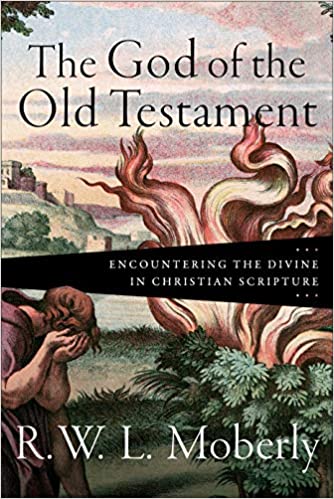Q. The Inscrutable God chapter is certainly very challenging. It reminded me of the end of a poem I wrote some time ago which says ‘God’s way are not our ways/ our eyes cannot see/ the logic of love/ nailed to a tree.” My point is that ‘all is not made plain’ even in the NT when it comes to the ultimate mysteries of God’s ways with us. Our tendency to want simple and clear answers to everything leads to... Read more












